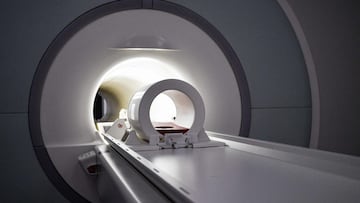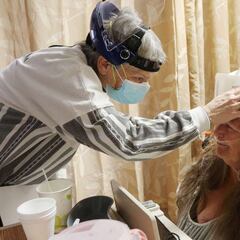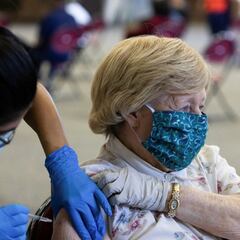What is a CMS medicare tracking system? How does CMS mapping work?
Tracking and monitoring devices may feel like an invasion of privacy, but it could give you peace of mind when caring for seniors.

Care for seniors is more important now than ever. An aging US population means sooner or later people will need to be cared for. Below is a list of extra measures you can take to ensure your loved ones are cared for as much as possible.
The help below is not included in Part A nor Part B of the original Medicare plan, but some private care with Part C could offer support for paid items. Consult your plan if need be
Activity trackers
An activity tracker is an app or device that tracks your daily activity. The most basic track distance walked or steps, but they can include information such as heart rate, sleep quality, and calorie consumption.
These can be useful to identify small changes in people's behavior and associated health risks.
Expanding Medicare to FINALLY cover 👁, 👂🏾, and 🦷 is not only good policy (and it is!), it's great politics too.
— Rep. Pramila Jayapal (@RepJayapal) October 13, 2021
Location trackers
If you’re a caregiver for a loved one with dementia or a similar condition that causes them to become disoriented or lost, you may wish to keep a close watch on them regularly. Location tracking means you do not need to be present around the clock.
While they are present on modern phones, there is no guarantee, because of the nature of illnesses, that your loved one will have their phone on them at all times. Something like a smartwatch or other wearable tech could be a better alternative. Whatever is most convenient.
88% of the American people want us to lower the price of prescription drugs
— Bernie Sanders (@BernieSanders) October 12, 2021
84% support expanding Medicare to cover dental, vision, and hearing
73% support guaranteeing paid family and medical leave
67% support universal pre-K for kids
Good policy is good politics. Let's do it.
Medical alert systems
According to the Centers for Disease Control and Prevention, falls are the number one cause of injuries and deaths among older Americans, and one in four Americans aged 65+ falls each year.
Medical alert systems, usually in the form of a button, could help seniors contact the help they need fast; issues like strokes and falls could lead to a broken bone or paralysis which could prevent being able to get to a phone.
What is CMS Mapping?
The Mapping Medicare Disparities (MMD) Tool identifies differences in health outcomes, utilization, and spending by race and ethnicity and geographic location. Minorities have lower life expectancy compared to white Americans for example. The tool can then be used to try and identify why these disparities exist.
Related stories
“Our commitment to health equity begins with properly measuring the care people get and having an honest dialogue on how and where we need to improve,” said CMS Acting Administrator Andy Slavitt. “Today’s tool aims to make it harder for disparities to go unaddressed.”
Accessing the map can be done here.

